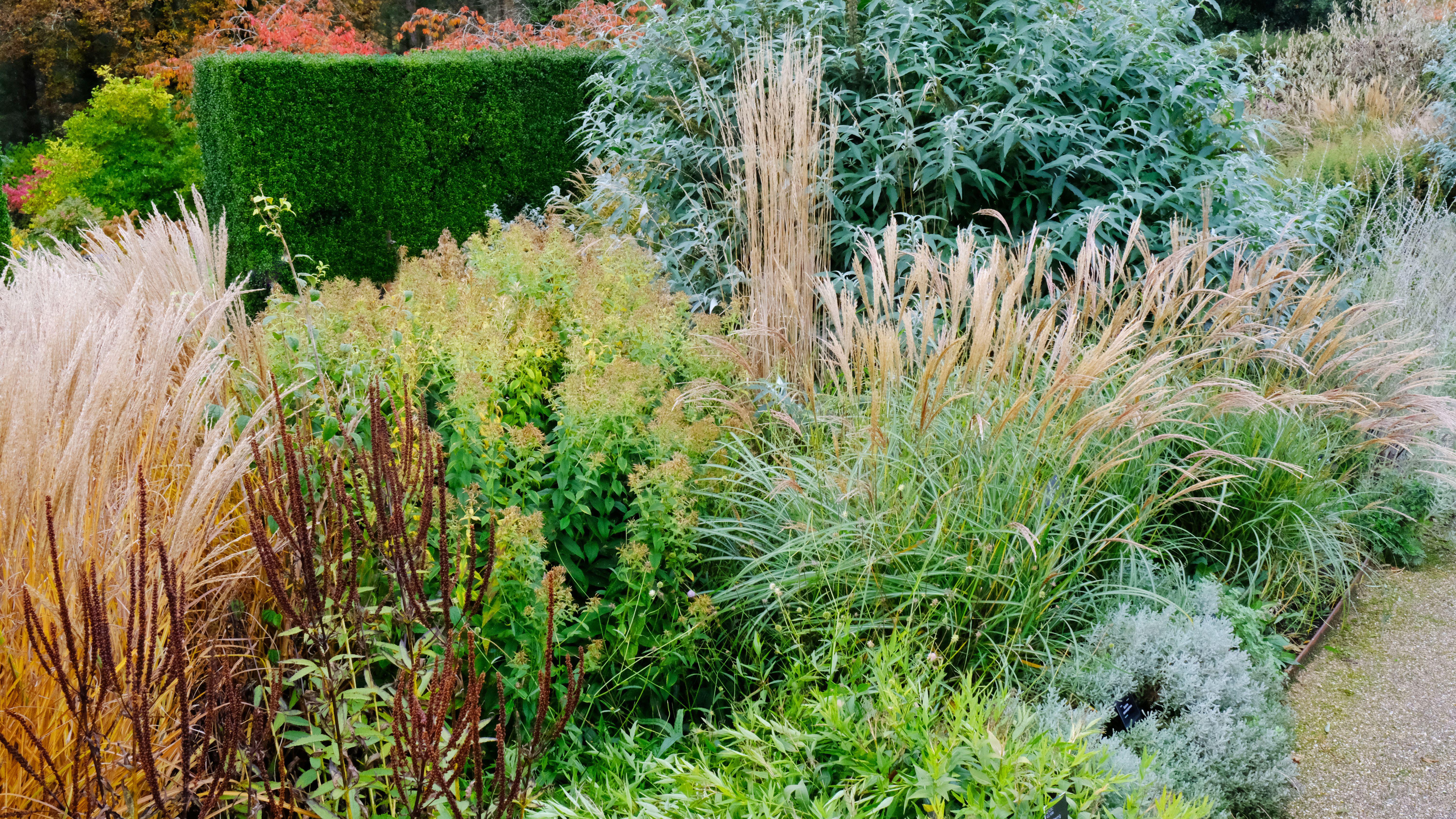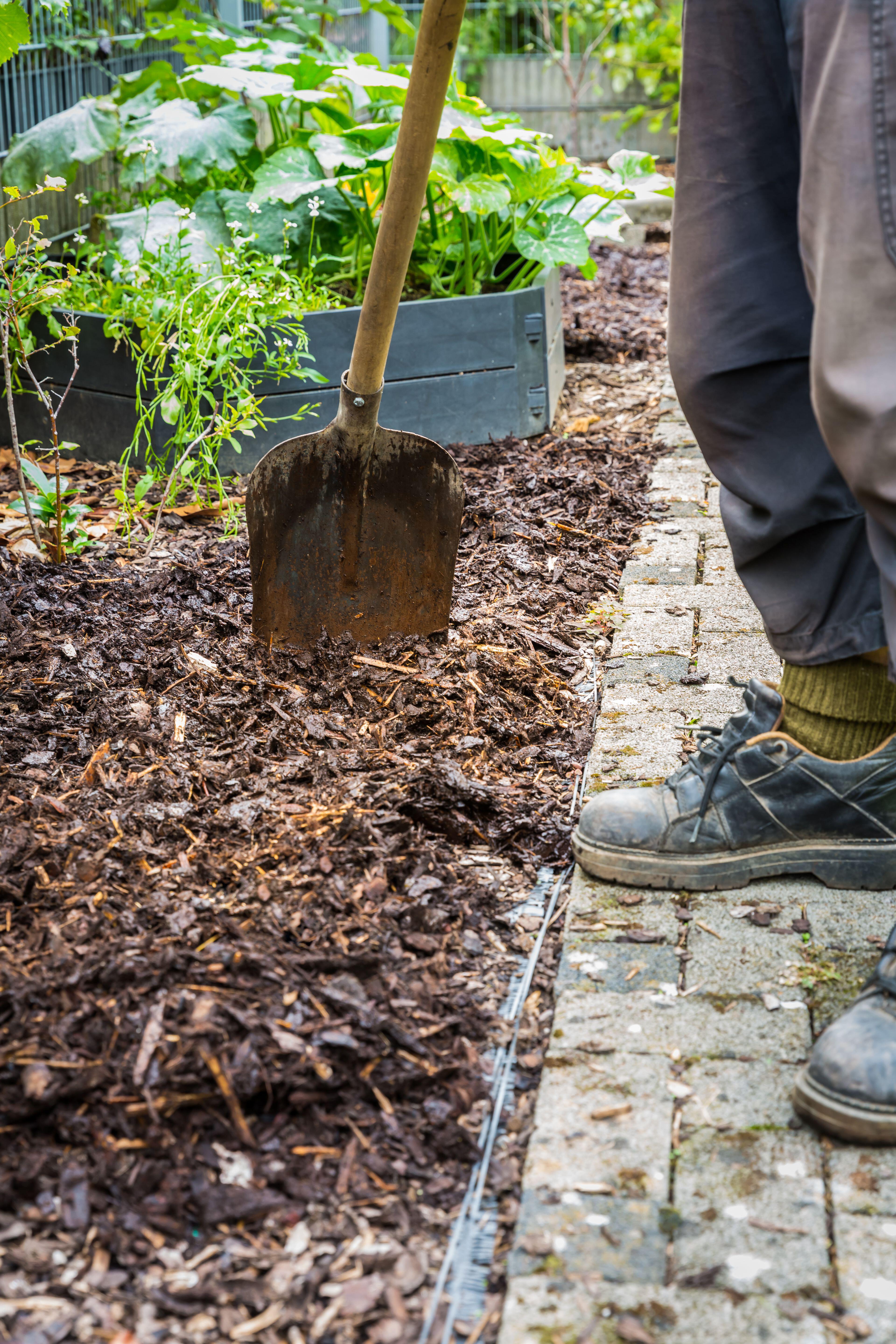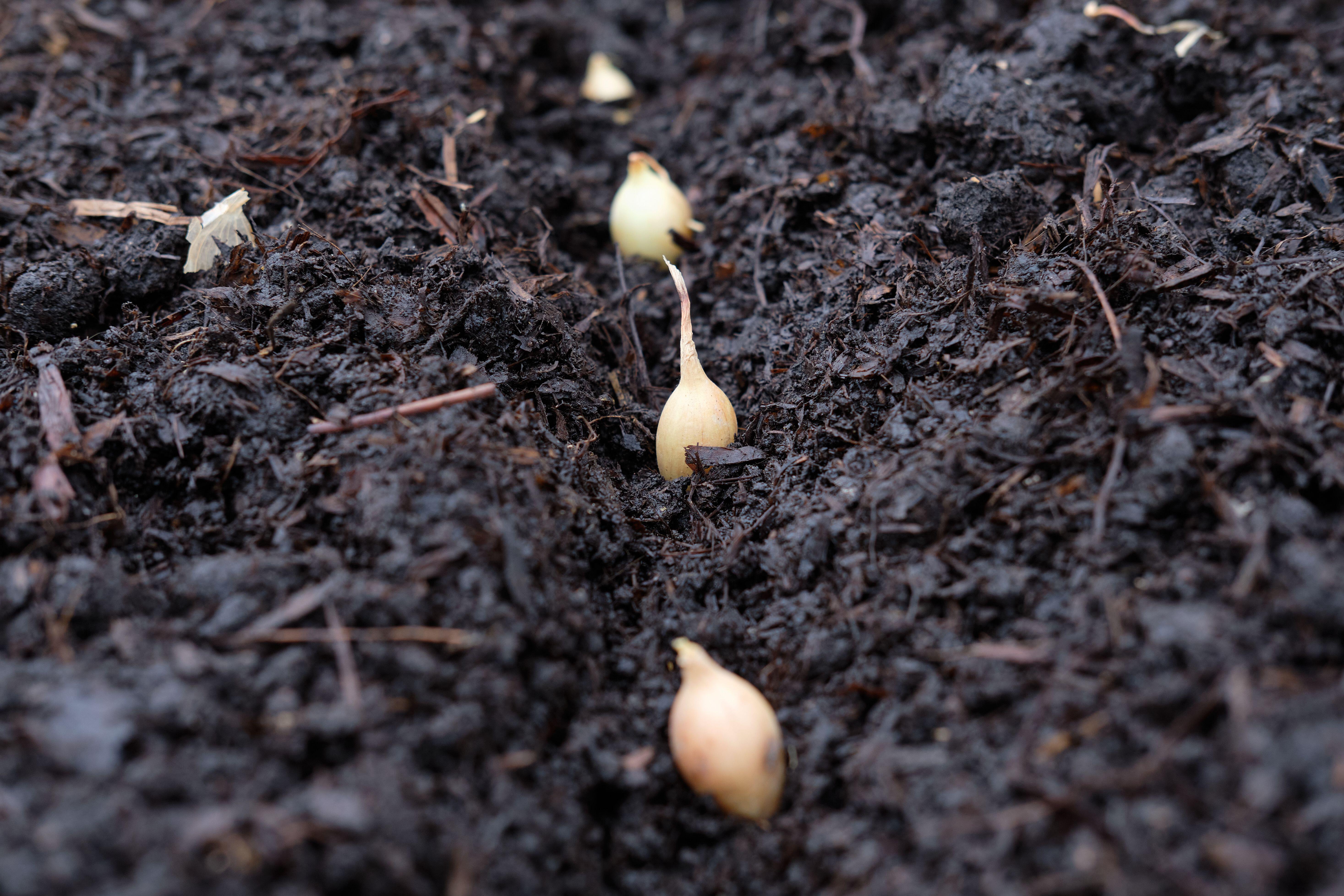
As summer plants fade and rich burnt orange and warm yellow hues begin to dominate, autumn presents a prime opportunity for gardeners to prepare for cooler months.
"If people have spent the summer drinking Pimm’s on the lawn and not doing a lot, now’s the time to do some work. Think of it as a bit of a reset time," suggests Kate Turner, gardening expert for Miracle-Gro.
She adds: "The soil is still warm, so it’s one of the best times of the year to start planting, but also you tend to get more rain in autumn, and moister air."
Turner’s advice offers a head start on getting your garden autumn-ready.

Revamp your borders
“If you leave it too late, the soil cools down and then plants sulk. So if you are thinking of having a rejig in beds and borders, redesigning, bringing in new plants, autumn is one of the best times,” Turner says.
“You can also divide the plants you’ve already got. With border perennials, just be quite brutal. Dig them up, get two forks back to back, split them and you’ve two for the price of one.
“Nearly all border perennials can be divided in autumn, except those which are a little more tender, like lavenders and salvias, which you can leave until spring. Heleniums, penstemons and traditional cranesbill geraniums are good for dividing.”
Leave perennials which still may be flowering such as rudbeckias until a little later in the season.
Mulch your beds

“This summer has been so dry and the soil has really struggled, so one of the best things you can do is mulch your borders, putting on an organic layer which can be well-rotted manure or a border booster, or woodchip.”
Weed the area first. Importantly, the ground should be wet before you apply the mulch, so ideally as soon as the first substantial autumn rain comes, and the mulch needs to be three inches deep.
“It all about soil health. Mulch keeps moisture in, protects roots from the cold in the winter and will feed the soil very slowly and it really helps that texture,” Turner says. “It breaks up really heavy soil and suppresses weeds. Next year, you will absolutely see the results.”
Cut back spent flowering plants
Earlier flowering perennials can be cut back to avoid your beds becoming messy, but leave some beautiful seed heads of plants such as echinacea and sedum, which will create good structure thought the winter and are good for wildlife, Turner advises.
Plant ornamental grasses
If you want to replace bedding with autumn plants, buy some ornamental grasses which are at their best in late summer and autumn and create movement and texture.
Good candidates include pheasant’s tail, Mexican fountain grass, Miscanthus sinensis and pennisetum, she suggests. As autumn beckons they will add movement to borders containing dahlias and rudbeckias.
“Some grasses prefer full sun, others can cope in partial shade and some will self-seed. They are very low maintenance. Some will need cutting back in the spring, but not all.
“They also look great with cut flowers in your home.”
Keep feeding
“Continue to feed plants including flowering dahlias, rudbeckias and asters with a liquid plant food,” Turner advises.
Plant bulbs
Start planting spring bulbs including daffodils, grape hyacinths and alliums, she suggests. Leave planting tulip bulbs until November because cooler soil temperatures can offset fungal diseases such as tulip fire.
“If you do it now, you get the good bargains and the more interesting varieties,” she says.
Sow vegetables

Sow broad beans and winter salads and plant garlic and onions sets. You can also grow green manure, which will enrich your soil, she says.
“Try not to leave soil bare, so apply a mulch of good organic matter. If you’re growing broad beans, that’s doing both jobs – feeding you and feeding the soil. When you finish with a broad bean, don’t pull it out, just cut it because the roots add nitrogen to the soil,” she recommends.
The same goes for legumes including peas, runner beans and French beans, she says. If you have raised beds, clear out the old, dead matter (unless it’s a legume) and mulch them with organic matter.
Look after your lawn
If your lawn looks like it’s turned to straw over summer, don’t despair because it will come back with the autumn rains.
Once the rains come in autumn, aerate the lawn, making holes in it with a garden fork and scarify the lawn with a spring tine rake to collect any thatch and other debris, she suggests.
“Your lawn will look rubbish at this point, but removing he debris will help get oxygen into the lawn. Then give it a feed or add topsoil and you can start sowing lawn seed until early November if it stays mild.”
Perk up containers
“If you’ve been deadheading and feeding, you should still be having some good flowers. If not, empty your pots, plant spring-flowering bulbs and then on top maybe some pansies, violas, cyclamen so you have more colour.”
If you have a plant that’s in a pot permanently, such as a shrub or a small tree, scrape off the top few inches of compost and add fresh. Permanent plants benefit from compost which has added John Innes, she says.
Order bare root plants
Order bare root roses and fruit trees, which are cheaper than potted varieties and arrive without a container but will need to be planted immediately. Pre-order them to arrive from November to spring.
Sow hardy annuals
Sow sweet peas, poppies, calendula, cornflowers, nigella and larkspur – plants which flower in their first summer. Some can be sown outside, directly into the soil, others, such as California poppy and sweet pea, are better sown in a cold frame, greenhouse or a sheltered spot, or even on a windowsill indoors.
Madonna celebrates 67th birthday with her children and two celebrity friends
What is botulism? The serious illness linked to unlicensed injections in the UK
The supplements that can help prevent diabetes and cardiovascular disease
Why the death of the living room matters
Cutting carbs? These 3 budget-friendly recipes are big on taste, not cost
Emma Stone makes rare comment about Andrew Garfield years after breakup







